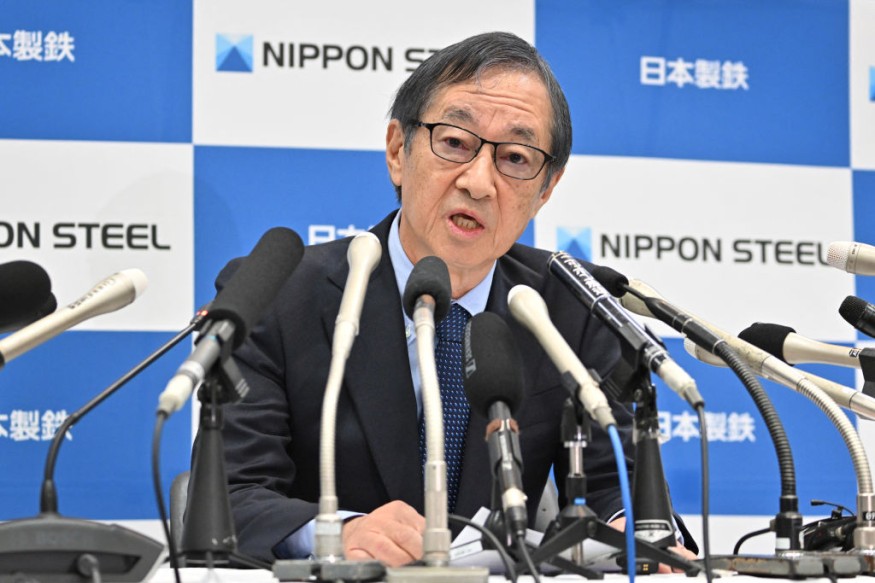
In a dramatic turn of events, US Steel and Japan's Nippon Steel have filed lawsuits against the Biden administration, challenging the decision to block their $15 billion merger.
The companies allege political bias in the decision-making process and claim the ruling threatens the future of the American steel industry.
Lawsuits Filed Against Biden and Rival Steelmaker Cleveland-Cliffs Over Stalled Merger Deal
The lawsuits, announced Monday, were filed in two courts. The first targets President Joe Biden and senior officials, accusing them of using national security as a pretext to halt the deal for political gain.
This suit was filed in the US Court of Appeals for the District of Columbia. A second lawsuit, filed in Pennsylvania, names Cleveland-Cliffs, a competing steelmaker, and the United Steelworkers union, accusing them of illegal collusion to derail the merger.
Biden blocked the acquisition after federal regulators failed to reach a consensus on whether the deal posed national security risks.
"This decision ensures that the United States maintains a strong, domestically owned steel industry critical for national security," said White House spokesperson Robyn Patterson in defense of the move, NY Times said.
However, US Steel and Nippon Steel argue that their proposed transaction would have strengthened, not jeopardized, America's steel industry.
The companies claimed to have offered measures to address security concerns, which they say were ignored during the review. "This decision undermines fair competition and jeopardizes the future of US Steel," the companies said in a joint statement.
Union Backs Biden's Block on US Steel Deal, Rival Calls Lawsuits "Baseless"
The blocked merger has sparked a fierce debate. Industry analysts note that Nippon Steel's $3 billion investment plan could have revitalized US Steel, which has been struggling with declining revenues and outdated blast furnaces.
According to CBS News, without the deal, US Steel executives warn of potential layoffs, shifts to less expensive electric arc furnaces, and even a relocation of its Pittsburgh headquarters.
On the other hand, the United Steelworkers union, representing nearly 850,000 workers, applauded the administration's stance.
Union leaders argue that keeping US Steel American-owned is essential for safeguarding jobs and national interests.
The lawsuits come at a time when US Steel is under financial strain. Its projected fourth-quarter earnings fell short of expectations, highlighting its challenges in remaining competitive.
Meanwhile, Cleveland-Cliffs, a domestic rival previously interested in acquiring U.S. Steel, dismissed the lawsuit as "baseless" and criticized the companies for their "desperate blame game."
As the legal battle unfolds, questions linger over whether the Biden administration's decision was a calculated political move or a legitimate effort to protect national security. Regardless of the outcome, the case could set a precedent for how foreign investments in U.S. industries are reviewed and challenged in the future.















